Julian Assange, a fallen angel, remains, as of this writing, a guest of the Ecuadorian Embassy in London. There he has sought asylum to avoid extradition to Sweden, where he faces rape charges that he denies, and, he believes, possible extradition to the U.S., where he fears he may be tried and found guilty of espionage and sedition, for which death is still the extreme penalty.
When we talk of fallen angels, we invoke the original fallen angel, Satan or Lucifer, once beloved of God, the highest in his closest council, whose pride impelled him to challenge for heaven’s rule – and came before his fall to Hell. Assange was an angel of a sort, at least to many. They saw his role as founder of WikiLeaks and leaker of thousands of pages of cables on Iraq and Afghanistan, and then from U.S. embassies all over the world, as the act of a liberator, a rebel with a cause, one who could poke the U.S. in the eye in a new way, with only a laptop at his disposal.
He did set himself up very high. He challenged the deities and sacred texts of journalism, contemptuous of a trade that he saw as largely a handmaiden to power. In one comment, he said that the problem with the late News of the World’s hacking into people’s phones was largely non-existent. They had “actually done original investigative work about people in this society that its readers were genuinely interested in.” In another, according to Guardian journalists who worked with him on the WikiLeaks material it published, he observed that if any of the informants who provided U.S. diplomats with the material in the leaked cables were to suffer retribution, they have “got it coming.” Now, he fears he does.
He saw political power as a conspiracy against the people. Mainstream journalism, describing governments’ activities in often respectful or at least neutral ways, was not exposing the conspiracy. Assange said he could.
He was, surprisingly often, taken at his own estimation. The common and confident forecast among media watchers was something to the effect of: “Journalism will never be the same again.” But for now, it doesn’t seem that way.
That’s partly because leakers have been deterred. The true angel, or devil (as you will), of the WikiLeaks’ leaks is U.S. Private First Class Bradley Manning, who passed on a huge cache of secret cables to WikiLeaks while undergoing something of a breakdown at the time. He has been in jail for nearly two years, the first nine months of which were in solitary confinement at the Marine Corps base in Quantico, Virginia. He was transferred to less severe conditions at Fort Leavenworth, Kansas, in April 2011, and appears for a pretrial hearing before a military court at Fort Meade, Maryland, on Monday. Manning could face life imprisonment; he’s unlikely to be pardoned. The relative harshness of his punishment was meant to be, and probably has been, a sharp deterrent for others thinking of following his lead.
Those trying to emulate WikiLeaks have also come up short. Some of the most powerful criticism of Assange came from Daniel Domscheit-Berg, a collaborator on WikiLeaks, who broke bitterly with his boss. In 2010 Domscheit-Berg announced that he would found his own leak site, Open Leaks, with a more transparent and ethically grounded basis than WikiLeaks. As of now, it hasn’t appeared.
The news media are changing and will, indeed, never be the same again. But that’s nothing new. The change now is driven by technology, markets and popular empowerment. WikiLeaks played a part in all of these, but it now seems a minor one.
Throughout the past year Assange has behaved as his enemies would have wished him to. He has accused his critics of being involved with the CIA, and allegedly – this on the testimony of Ian Hislop, editor of the satirical magazine Private Eye, though Assange denies it – he blamed “Jews” at the Guardian for defaming him. He contracted with the publisher Canongate to do a memoir, changed his mind when it was largely done, then sought to have its publication stopped.
He took a job on Russia Today, Russia’s world-service TV channel, as an interviewer. Russia, on any count, does not have free media. It was on one of his shows that he interviewed President Rafael Correa of Ecuador – a hugely friendly discussion, in which the president expressed his esteem for Assange and was complimented in turn. President Correa, who expelled the U.S. ambassador when WikiLeaks cables revealed that she had told her government that the president knew of the extensive corruption in the Ecuadorian police force, is not a man known for his toleration of adverse comment in the media.
Correa has launched lawsuits against journalists and newspapers, his government has expropriated opposition media and has strongly promoted state-owned publications and channels loyal to the president. In a press release earlier this month, democracy advocate Freedom House noted “the closure of another independent media outlet and numerous public comments made by Correa attacking private media,” and calls the moves “an alarming illustration of Correa’s growing attempts to silence media critics.”
Assange is in the not-unfamiliar position of one who has concluded that his enemies’ enemies are his friends. It’s a posture often taken by states, both democratic and authoritarian. It doesn’t reflect well on someone whose pitch was that his movement would transcend such grubby, often secret, deals in the name of transparency.
Journalism of any but the most anodyne sort is in the world of compromise, of grubby deals, and sometimes of frank criminality. The only justification for these is large public interest, and the only procedure is to accept punishment under the law for breaking it. Leaks are among the tools of the trade, and for all the enlightenment they bring, they are usually the fruit of someone breaking the terms of a work contract – sometimes for morally good reasons, sometimes not. However they are obtained, they are nearly always only a beginning: They have to be explained, set in context, abridged and opened for debate.
In a democracy, the revelations are often worth getting, but rarely entirely surprising. It is in authoritarian states that leaks can be really valuable, because it’s there that governments really do keep very large secrets, about which the population often knows absolutely nothing. Indeed, they are sometimes told the opposite is the case.
Assange, at the beginning of his career, said that opening the secrets of tyrannies was his mission. But the mission turned into mere anti-Americanism. The presiding genius saw himself as a global liberator. And so he fell. Journalism, as ever in constant transformation, remained the same.
PHOTO: WikiLeaks founder Julian Assange holds a document containing leaked information at a news conference in London, February 27, 2012. REUTERS/Finbarr O’Reilly




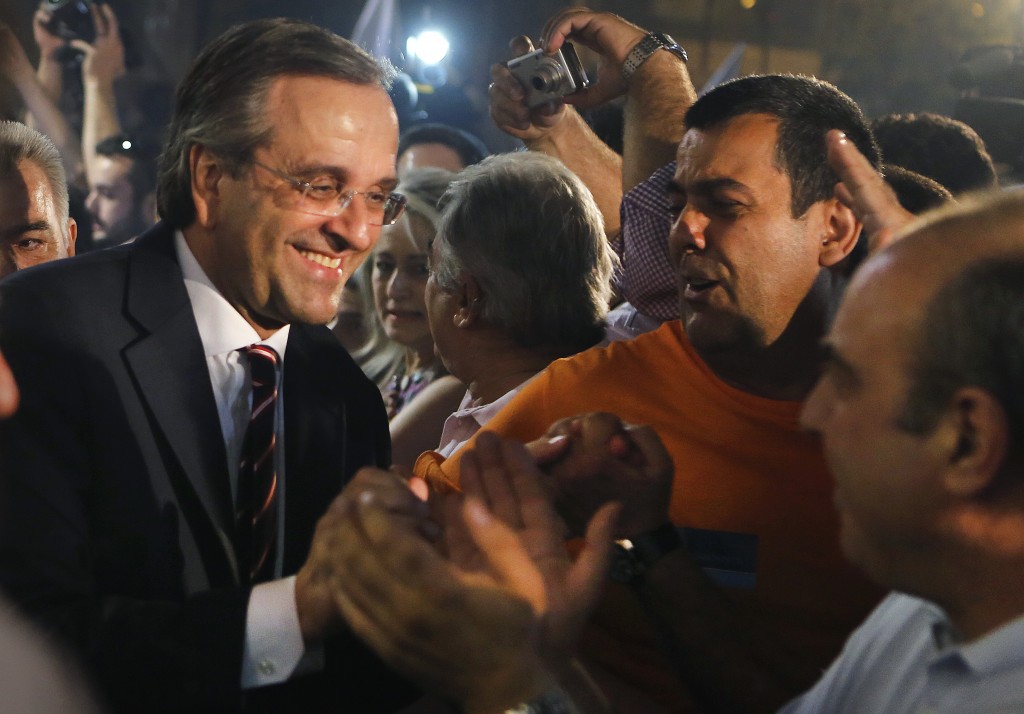
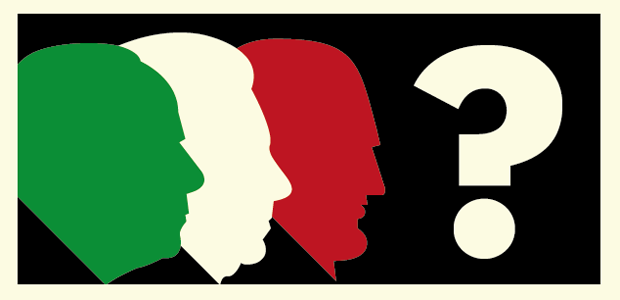
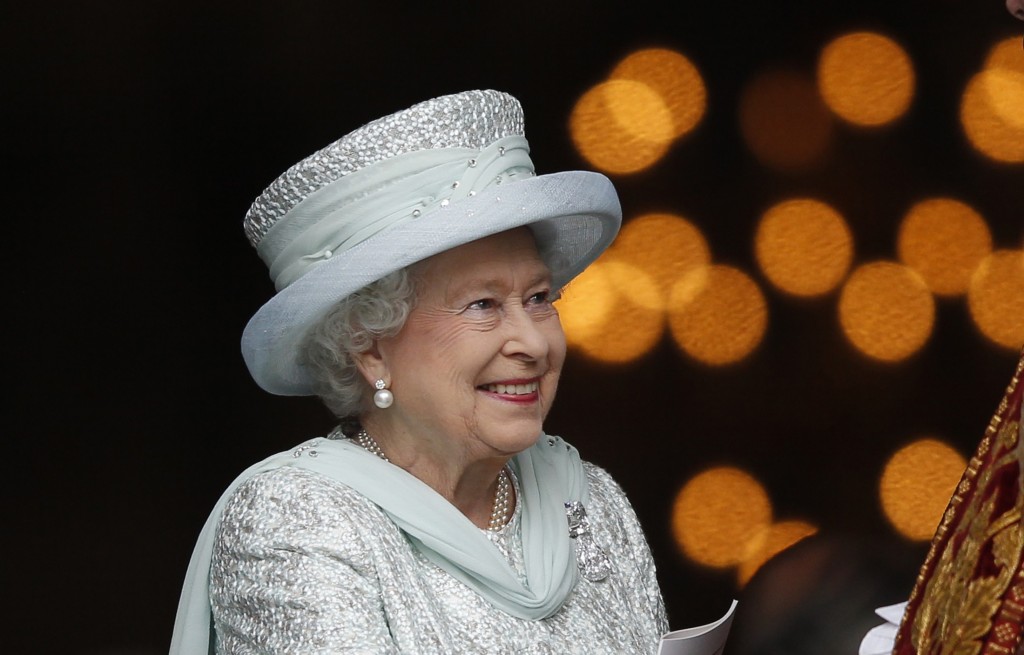
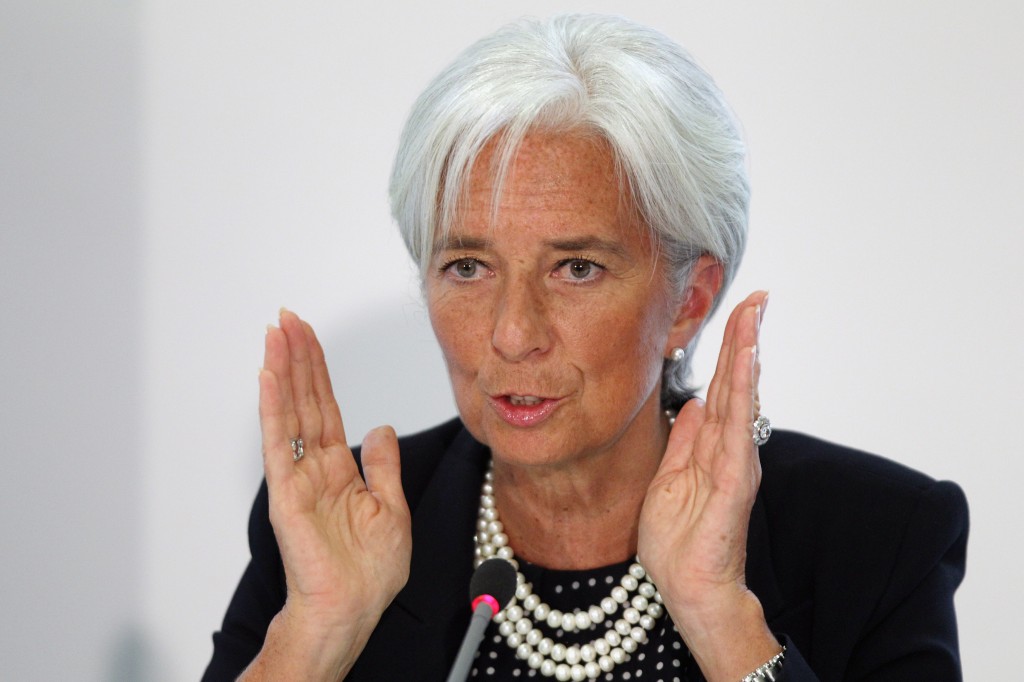
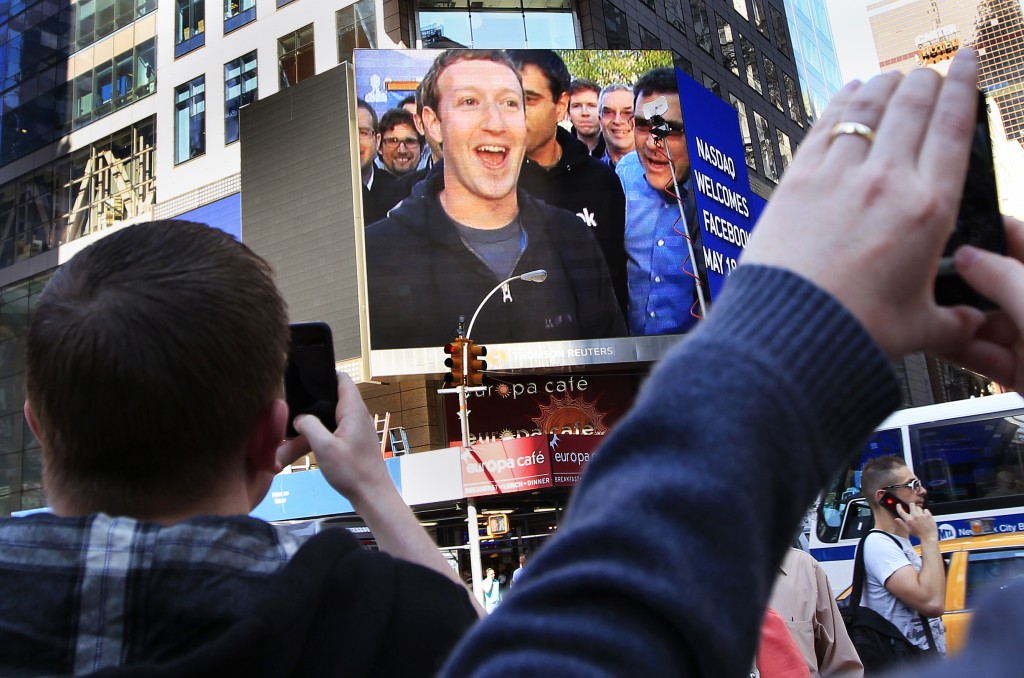
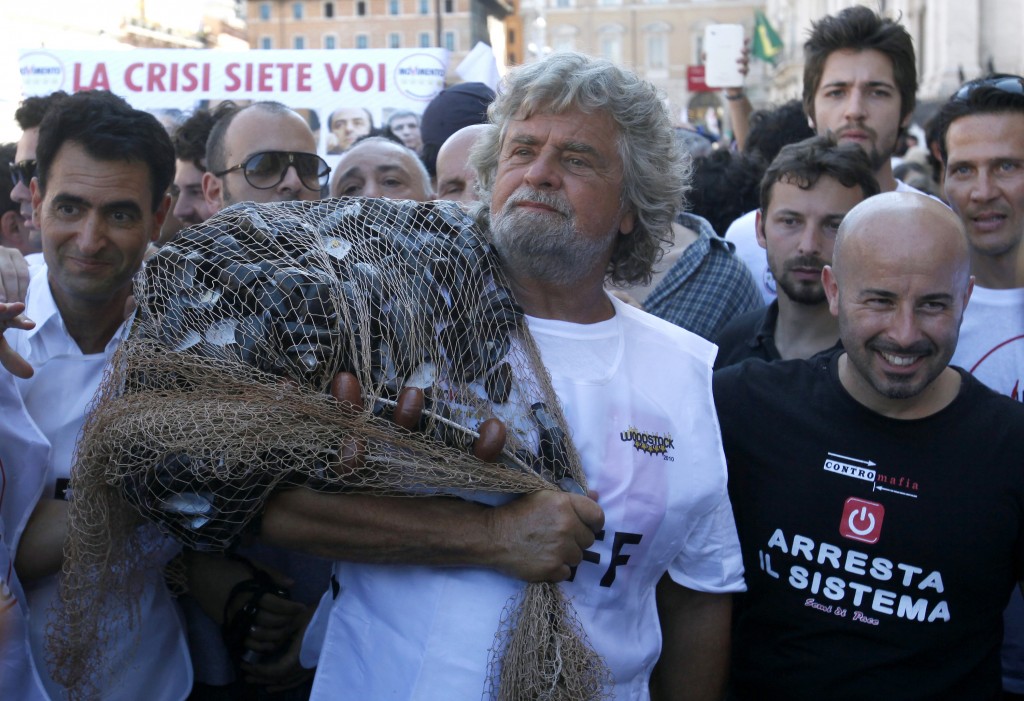
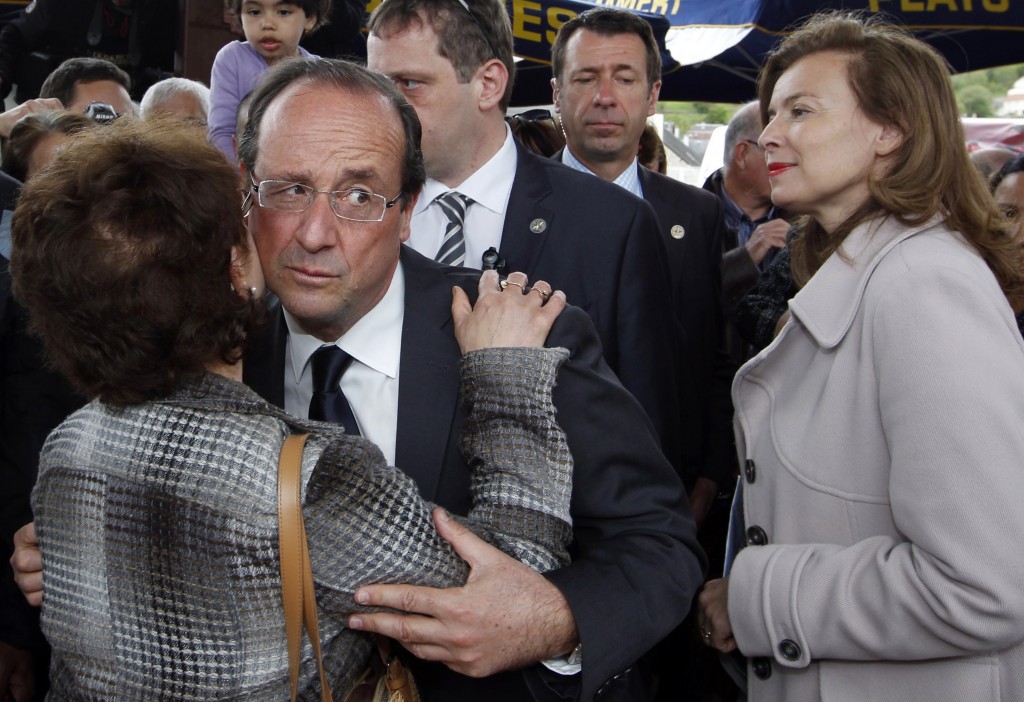
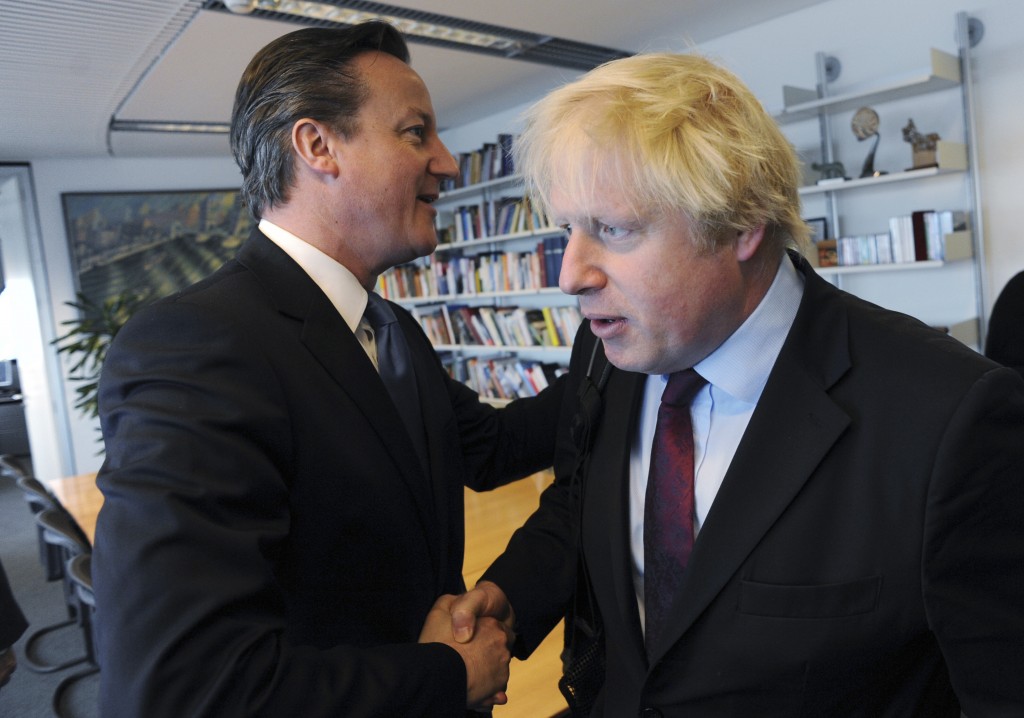
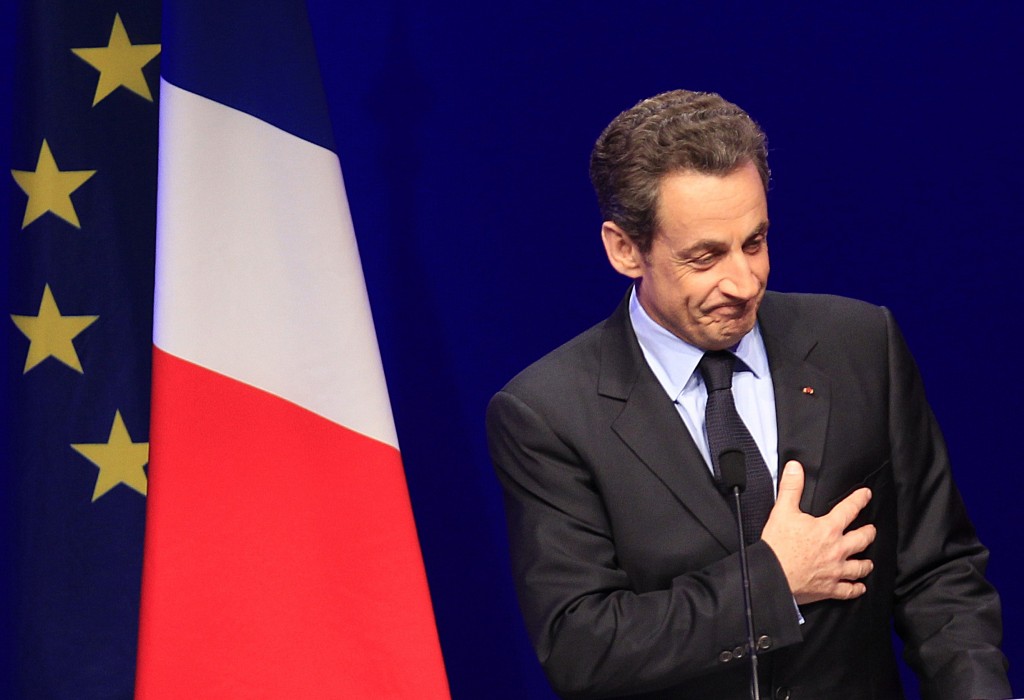
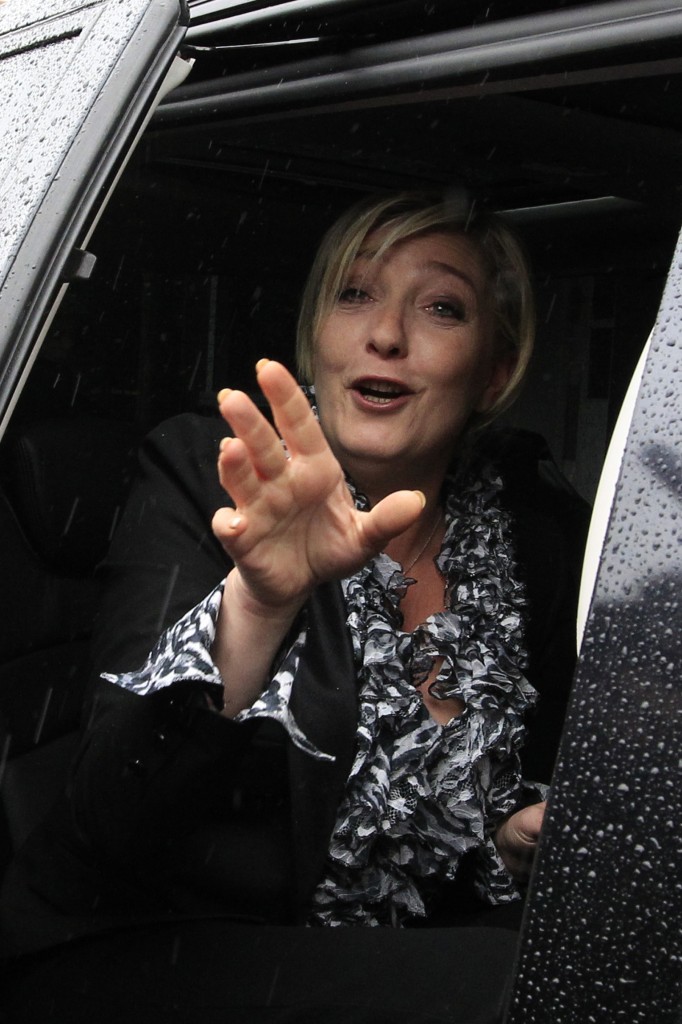
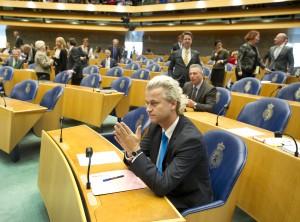
I cannot believe this bloke is the director of journalism. There is not one comment which is not lambasting the BS that this chut has written.
How does somebody like this become the director of journalism?
Sure makes me think ANYTHING is possible.